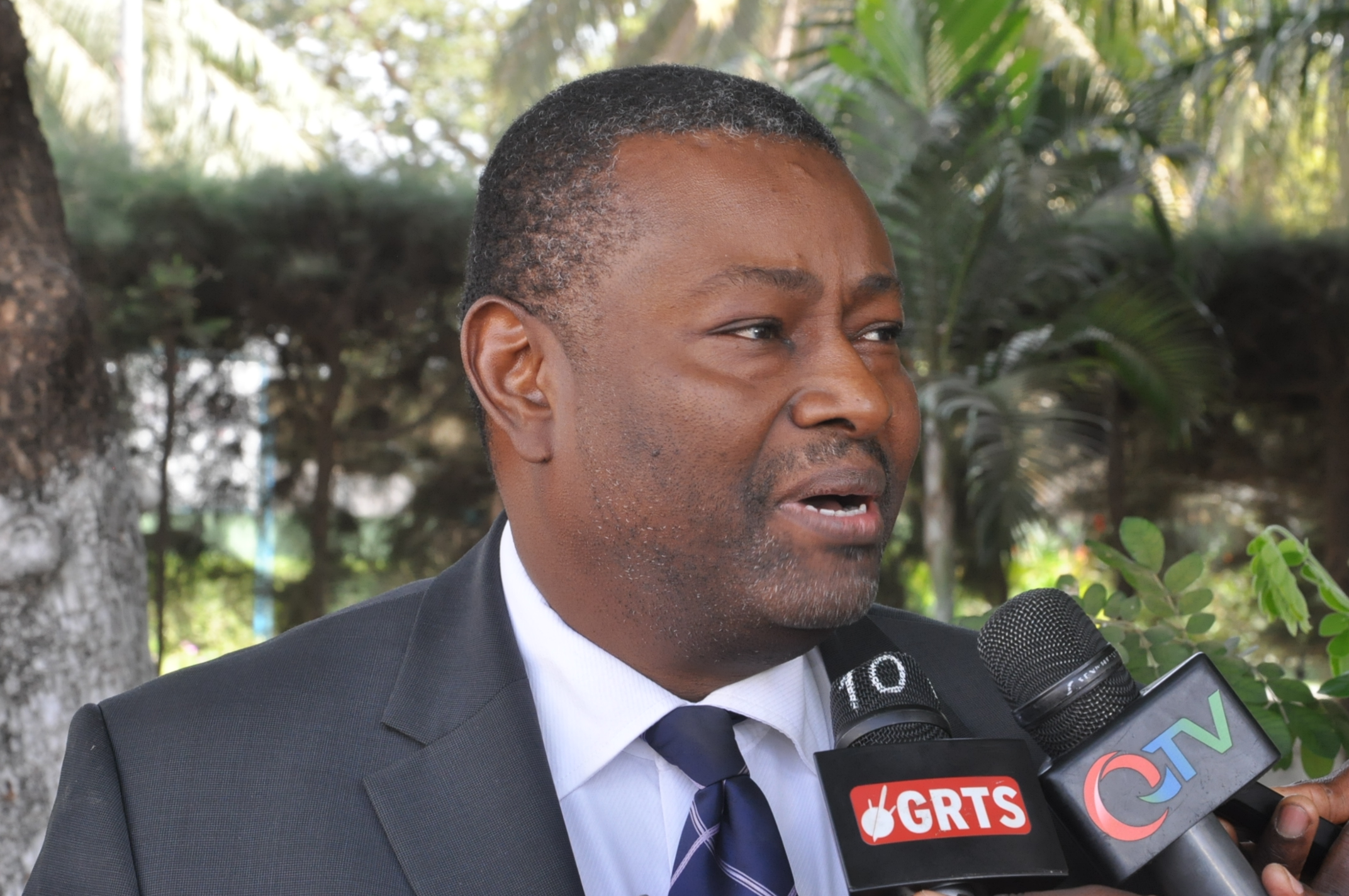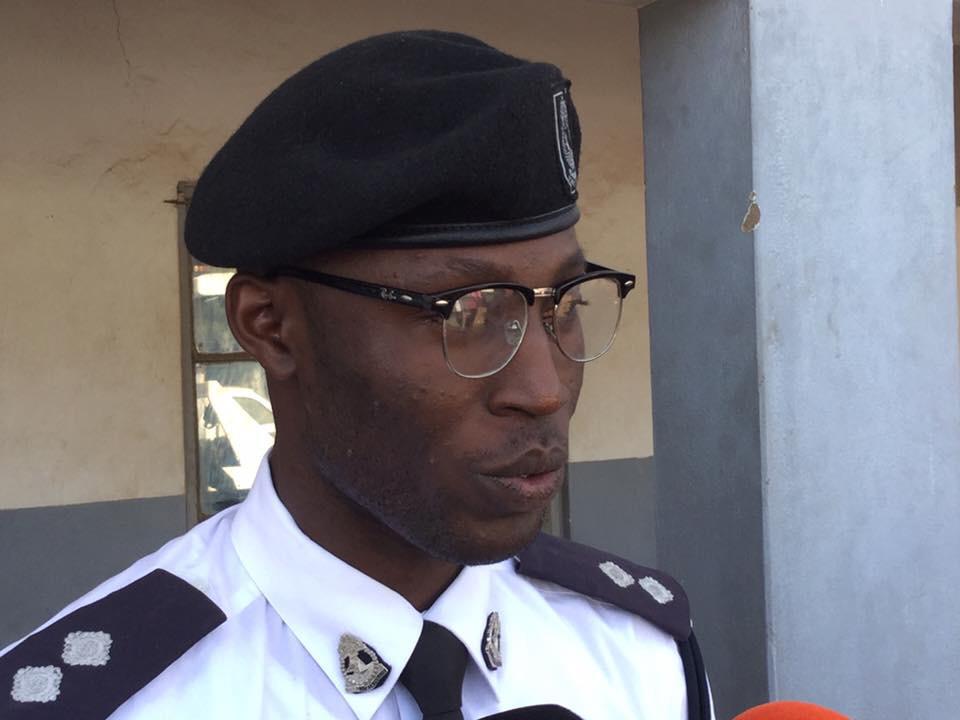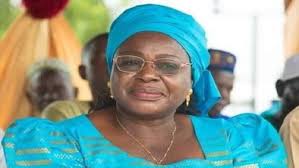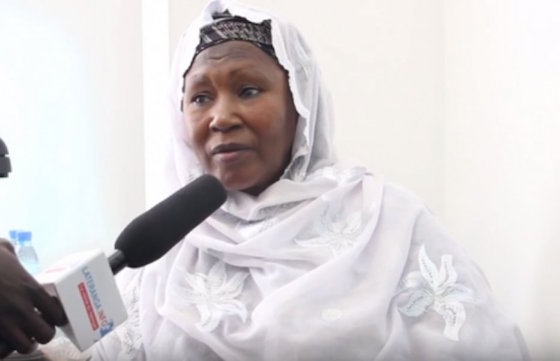National Human Rights Commission has called on the government to strengthen its efforts to curb human trafficking by taking strong action to effectively prevent trafficking in person
The Gambia enacted the Trafficking in Persons Act 2007 and established the National Agency Against Trafficking in Persons (NAATIP) to fight human trafficking, the USA Department of State ‘Trafficking in Persons Report 2020’ found that The Gambia has been found to be a source, transit and destination for human trafficking.
The rights commission said in a statement that: “In order to effectively combat human trafficking, policies and laws must address the risks and consequences of human trafficking and exploitation. The Government must take strong action to effectively prevent human trafficking in The Gambia.” Every year across the globe, thousands of women, men and children become victims of human trafficking.
“However, to effectively curb human trafficking in The Gambia, the Government should ensure strict enforcement of the laws such as the 1997 Constitution, The Children’s Act 2005, Trafficking In Persons Act 2005, strenuously investigate allegations of human trafficking and prosecute all alleged perpetrators of human trafficking. Provide NAATIP with all the necessary human, financial, technical and other resources to carry out its mandate effectively and efficiently. Provide law enforcement agencies and other relevant State institutions with the necessary resources and training to effectively combat human trafficking. Establish the ‘Funds for Victims of Trafficking’ as envisaged in the Trafficking in Persons Act 2007 to provide appropriate support to victims of human trafficking.
“Provide more job opportunities for the youths, including incentives like soft loans and other forms of support, to venture into self-employment, as well as establish well equipped, vocational/skill centres throughout the country. Intensify awareness raising on trafficking in persons and about the exploitative nature of the Kafala system under which these women were trafficked. Intensify engagement with victims and survivors, as well as organisations representing them, and ensure their active participation in the implementation of support programmes,” the commission added.
“The Report placed Gambia on Tier 2 Watch list because the Government failed to meet the minimum standards for the elimination of trafficking and that needs to prosecute traffickers. During one of its monitoring visits to migrant detention facilities this year, the NHRC found more than 40 migrants who were being trafficked to Italy through The Gambia. In October 2019, NHRC also investigated the case of Twenty-nine (29) alleged victims/survivors of trafficking from Lebanon. Key findings of this investigation showed that these women were trafficked through an established system set up both in The Gambia and in Lebanon which promised the young women good jobs but ended up in subjecting them to inhuman and degrading treatment. These cases demonstrate that human trafficking is indeed happening in The Gambia and highlights the need urgent State action to address the phenomenon The Commission presented key recommendations following the investigation of the Lebanon case, some of which the Government, through NAATIP, acted on,” the statement disclosed.
According to the United Nations Office on Drugs and Crime (UNODC), human trafficking is the “recruitment, transportation, transfer, harbouring or receipt of people through force, fraud or deception, with the aim of exploiting them for profit.” On International Day Against Trafficking in Persons, the National Human Rights Commission (NHRC) calls on the Government of The Gambia to strengthen its efforts to curb human trafficking, listen to and prioritize the fundamental needs of survivors, and put in place robust recovery, rehabilitation and reintegration programmes. The theme for this year’s commemoration is “Victims’ Voices Lead the Way”.
Human trafficking is a crime that exploits vulnerable groups, especially women and children. Traffickers use fraudulent means and offer fake incentives to lure their victims who have hopes of a better life outside of their home or country.




